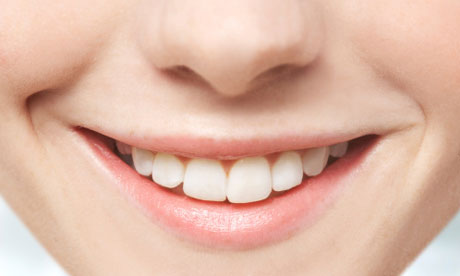
According to dentist Stuart Johnston, teeth whitening is safe – as long as you have it performed by a dentist.
"I would be very concerned about anyone going to have their teeth whitened cosmetically," he says. "A dentist will use a hydrogen peroxide-based material for the bleaching, but a cosmetic practitioner might use other chemicals, such as chlorine dioxide, which is acidic and can affect the health of tooth enamel, or sodium perborate, which could have safety issues for women and their reproductive health."
Pregnant women should avoid the treatment until after they've given birth, he says: "There's no evidence that tooth whitening performed by a qualified dentist will harm the baby, but I'd say it's better to wait – there's no point in taking unnecessary risks." Neither should the procedure be performed on anyone under 18.
Your dentist may offer two kinds of treatments: a "night-guard system", in which gel is applied by the patient at home using a tray taken from an impression of their mouth, or in-surgery "power bleaching". Johnston favours the former. "The specially made tray allows me to use a minimal amount of chemicals, which lowers any risk," he says. Your dentist will examine your mouth, dental history and lifestyle; patients who are heavy drinkers or smokers may be refused treatment because the chemicals can react badly with alcohol or nicotine.
Most importantly, whitening should only be performed once every two or three years, with correct brushing and whitening toothpaste helping to maintain tooth colour between treatments.
Stuart Johnston is a dentist in Newbridge, South Wales, and a spokesman for the British Dental Association (bda.org).

